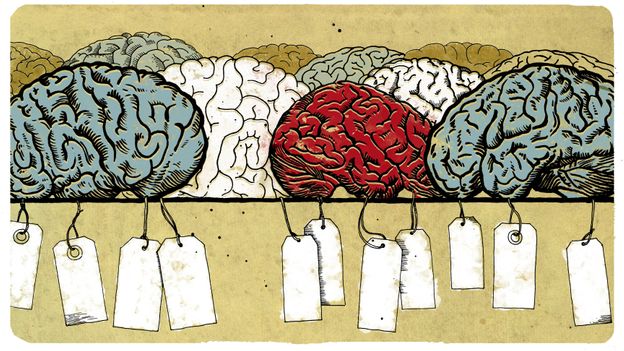Soccer coaches often talk about lack of confidence.
First of all we must realize that when we attribute a result to the lack of confidence we are saying everything and nothing, because even if we know that conviction is necessary to play well, we must know the causes that determined it, otherwise it is a way of saying that only serves the coach to save his personal and professional conscience: “It is not my fault, they are the ones who are not confident“.
If, on the other hand, you understand what the ingredients of confidence are, you are probably already getting closer to a cure. In this regard, the questions to ask are as follows:
- Are the players and the team aware of what they can do?
- Do they agree on how they should play in the various phases of the game or do they have doubts/concerns?
- Do they know how to consistently maintain this type of play throughout the match?
- Does the team have a plan for responding to unexpected game situations?
If you don’t answer these four questions you will not improve; you must be aware of what is missing, the coach first. You can’t hide behind the phrase: “The team didn’t follow my directions” or “The team has no personality”, you have to know what caused these effects otherwise you will continue to lose.
In practical terms, the first step in increasing team competence is to train tactical and mental skills through quality drills. In fact, skill training through conscientious coaching ensures players are able to perform what is required of them. Preparation-improvement-skills go hand in hand, and this type of daily practice allows you to focus on the progress that occurs in a single session, in a week, in a month, and so on. In this way, not only is competence shaped, but also the ability to know how to play consistently over time.
Through the work on the field proposed by the coach, the players also develop another conviction that is extremely important, namely that it is through their commitment that they improve. The triptych of preparation – improvement – competence can be successfully achieved only if the players feel fully committed to what is required of them. If, on the other hand, this mechanism is not triggered, training will be conducted on autopilot, without risk of making mistakes and committing themselves just enough to not be taken back by the coach. When I work with athletes, I point out that these are “soulless” workouts in which the athlete’s job prevails, the intensity is absent and mistakes are explained by saying “but it’s just a training session, I’ll be more focused during the competition”. On these occasions, you have to be very clear with your players and point out to them that training in this way is harmful, because it creates a passive mentality that can only be repeated on the field.
Intense training with a high level of concentration also means that the coach must be supportive and encouraging precisely because the team is asked to be totally involved. The basic idea is this: the more demanding you are in terms of quality (speed and accuracy), the greater your willingness to accept mistakes and support first the commitment and second the result. If you act the other way around, first the result and then the commitment, the players will begin to do only what they are good at, so that they receive positive reinforcement from the coach, thus reducing the possibility of improvement.





